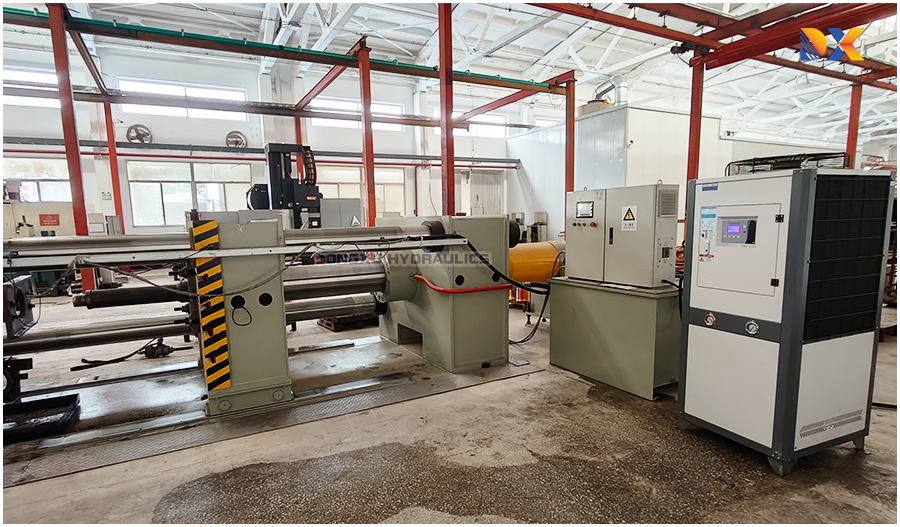-
 GearboxesAgriculture/Products8
GearboxesAgriculture/Products8 -
 GearboxesAgriculture/Products8
GearboxesAgriculture/Products8 -
 GearboxesAgriculture/Products8
GearboxesAgriculture/Products8 -
 GearboxesAgriculture/Products8
GearboxesAgriculture/Products8 -
 GearboxesAgriculture/Products8
GearboxesAgriculture/Products8 -
 GearboxesAgriculture/Products8
GearboxesAgriculture/Products8 -
 GearboxesAgriculture/Products8
GearboxesAgriculture/Products8 -
 GearboxesAgriculture/Products8
GearboxesAgriculture/Products8 -
 GearboxesAgriculture/Products8
GearboxesAgriculture/Products8 -
 GearboxesAgriculture/Products8
GearboxesAgriculture/Products8
-
 GearboxesAgriculture/Products8
GearboxesAgriculture/Products8 -
 GearboxesAgriculture/Products8
GearboxesAgriculture/Products8 -
 GearboxesAgriculture/Products8
GearboxesAgriculture/Products8 -
 GearboxesAgriculture/Products8
GearboxesAgriculture/Products8 -
 GearboxesAgriculture/Products8
GearboxesAgriculture/Products8 -
 GearboxesAgriculture/Products8
GearboxesAgriculture/Products8 -
 GearboxesAgriculture/Products8
GearboxesAgriculture/Products8 -
 GearboxesAgriculture/Products8
GearboxesAgriculture/Products8 -
 GearboxesAgriculture/Products8
GearboxesAgriculture/Products8 -
 GearboxesAgriculture/Products8
GearboxesAgriculture/Products8

